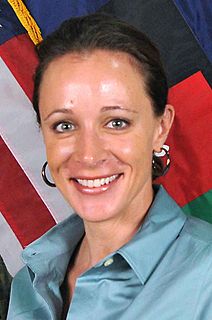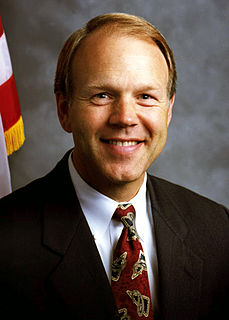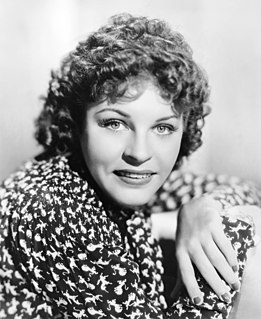A Quote by Chuck Hagel
The president of the United States is the commander in chief, and the people who work with him at the National Security Council are his arm in working with the Defense Department. And, quite frankly, they have responsibility for all of the government. We are one component of the government.
Related Quotes
The first objective of our national government is to provide for the common defense. And President Donald Trump has no higher priority than the safety and security of the American people. And the possession of nuclear weapons and ballistic missiles in the hands of a regime that routinely threatens the people of the United States of America and our allies is just simply unacceptable.
I am a Republican because I believe in the constitution, strength in national defense, limited government, individual freedom, and personal responsibility as the concrete foundation for American government. They reinforce the resolve that the United States is the greatest country in the world and we can all be eternally grateful to our founding fathers for the beautiful legacy they left us today.
The president does not have power under the Constitution to unilaterally authorize a military attack in a situation that does not involve stopping an actual or imminent threat to the nation. As commander in chief, the president does have a duty to protect and defend the United States. In instances of self-defense, the president would be within his constitutional authority to act before advising Congress or seeking its consent.
National security is a really big problem for journalists, because no journalist worth his salt wants to endanger the national security, but the law talks about anyone who endangers the security of the United States is going to go to jail. So, here you are, especially in the Pentagon. Some guy tells you something. He says that's a national security matter. Well, you're supposed to tremble and get scared and it never, almost never means the security of the national government. More likely to mean the security or the personal happiness of the guy who is telling you something.
The President, and government, will only control the militia when a part of them is in the actual service of the federal government, else, they are independent and not under the command of the president or the government. The states would control the militia, only when called out into the service of the state, and then the governor would be commander in chief where enumerated in the respective state constitution.
I hope President [Hamid] Karzai understands that our national security interests don't depend entirely on his decision there whether to allow a recount. Obviously the legitimacy of that government is an important component of it. My point is it shouldn't be the lynch pin for us deciding whether we're going to protect our national security interests in that region.
I've been subject to how many security clearance procedures and I must say as irritating as some people may find them I think they are absolutely essential to making sure that people who work in sensitive positions in the national security field in our government are entirely loyal to the United States.
































